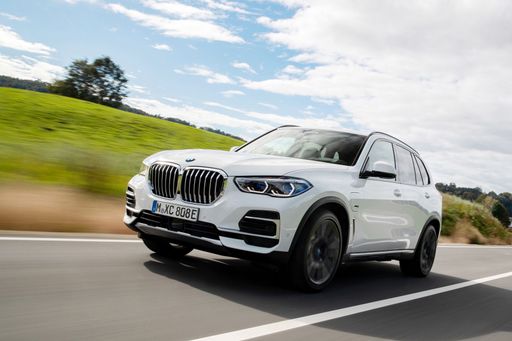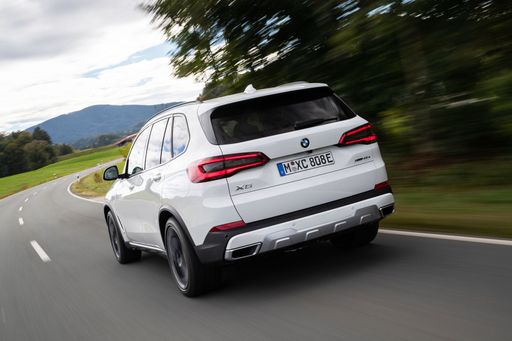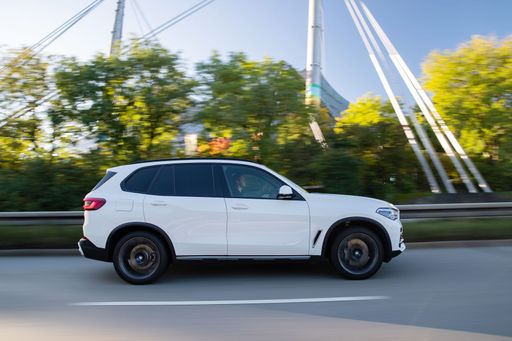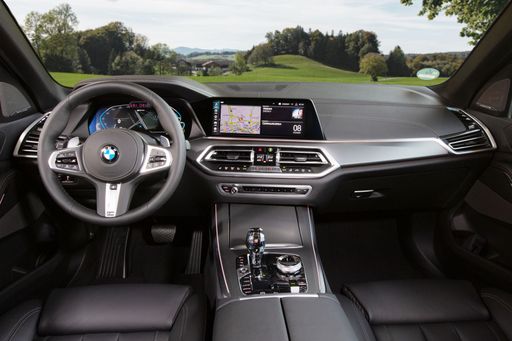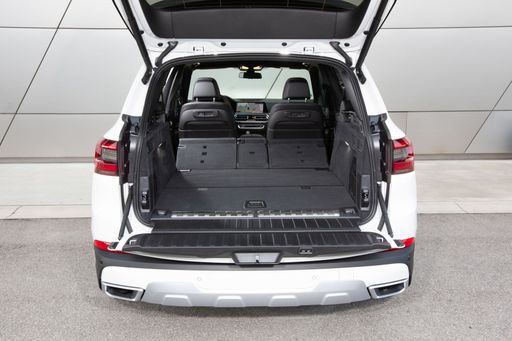Introduction: The Battle of the SUVs
In the world of SUVs, two models continually capture the attention of automotive enthusiasts: the BMW X5 and the Hyundai Tucson. Both offer unique blends of performance, comfort, and innovation, but they cater to slightly different audiences. In this article, we delve deeper into their technical specifications, performance metrics, and leading-edge innovations to help you choose the ideal SUV.


